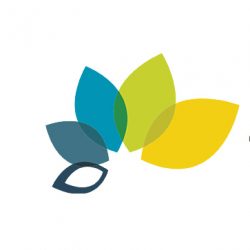Learning Objectives
By the end of this lesson, you will be able to:
- Define OER
Introduction
Open Educational Resources (OER) are any learning, teaching, or research resources that are both free of cost and come with reuse rights. This includes a wide variety of resources such as textbooks, full courses, journal articles, datasets, and interactive learning content. OER are separated from other “free” content by the reuse rights that have been granted through an open copyright license such as Creative Commons (CC). With these rights, or permissions, we are able to adapt OER content for various contexts without worrying that we are running afoul of copyright law. Without an open license, free content is probably not OER.
Hewlett Definition
A long-time philanthropic supporter of the Open Education movement, the Hewlett Foundation’s definition of OER is widely referenced around the globe:
Open Educational Resources are teaching, learning, and research resources that reside in the public domain or have been released under an intellectual property license that permits their free use and repurposing by others. OER include full courses, course materials, modules, textbooks, streaming videos, tests, software, and any other tools, materials, or techniques used to support access to knowledge.
More Resources

